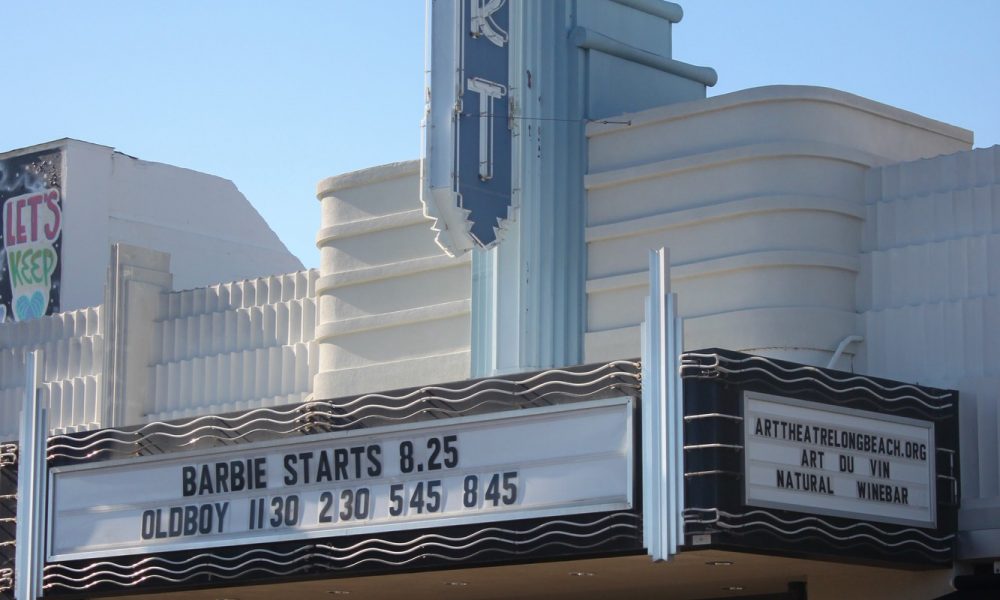Amidst nationwide strikes by unionized writers and actors, CSULB film professors have expressed support for the movement and the goal of improving workers’ rights.
The Writers Guild of America, a labor union that represents thousands of writers in film, television, news and online media, went on strike on May 2. The union had failed to reach an agreement with the Alliance of Motion Picture and Television Producers, comprised of major streaming services and studios like Netflix and Disney.
WGA members have taken to the streets to demand an increase in residual compensation, greater contributions to pension plans and health funds as well as the regulation of artificial intelligence to produce material.
Professor and WGA member Matt Montoya was a film student when the union last struck in 2007. He has since witnessed the takeover of streaming services and a decrease in residuals due to their lack of transparency with show ratings.
“Studios can get away with a lot if it’s not stated in the contract,” said Montoya. “I was on a network show that was on cable T.V. after it ended, but when they moved it to streaming services, we didn’t know how many people were watching what we had written.”
The Screen Actors Guild and American Federation of Television and Radio Artists joined the strike on July 13 after weeks of unsuccessful negotiations with AMPTP. The union is fighting for an increased general wage to account for inflation, protection against artificial intelligence and updated pension plans.
This is the first time the two unions have simultaneously been on strike since 1960. As a result, the two groups gained health plans and the ability to earn residual payments.
Professor and California Labor Federation member Ben Huff has worked closely with the striking members of SAG-AFTRA and WGA. Huff, along with the activist organizations he is a part of, supports the picket lines by marching with strikers and providing them with food and drink donations.
“The vast majority of actors are living paycheck to paycheck, just like any other working-class folk,” said Huff. “There’s enough money to help support them, but greed has just made this standoff happen to see which side gives in first. The workers won’t give in. This is a fight to the end.”
The WGA strike recently passed the 100-day mark. The union met with AMPTP last week to discuss a recent counterproposal presented by the association, but details of the meeting have not been made public.
According to SAG-AFTRA, AMPTP has refused to negotiate fairly and has not reached out to resume discussions.
“They (studio executives) do not help create, yet they will happily take the money that we helped make them,” said Montoya. “They’re not the performers or the writers, and certainly not the crew that shoots these projects for grueling 12-plus hour days to bring these projects to life.’’
The two unions have continued to strike at studio headquarters across Los Angeles County, such as Fox, Warner Bros. and Sony.
The rallies have garnered tremendous encouragement from supporters across the country and strikers have remained optimistic throughout the movement, according to Montoya.
“The Hollywood industry has all this glitz and glamour, but these are also workers’ rights we are fighting for,” said Montoya. “Nobody wants their work to be taken advantage of and we should always support those who are just trying to fight for fair benefits.”
SAG-AFTRA AND WGA have continued to support each other’s movements as their fight for better working conditions continues.




